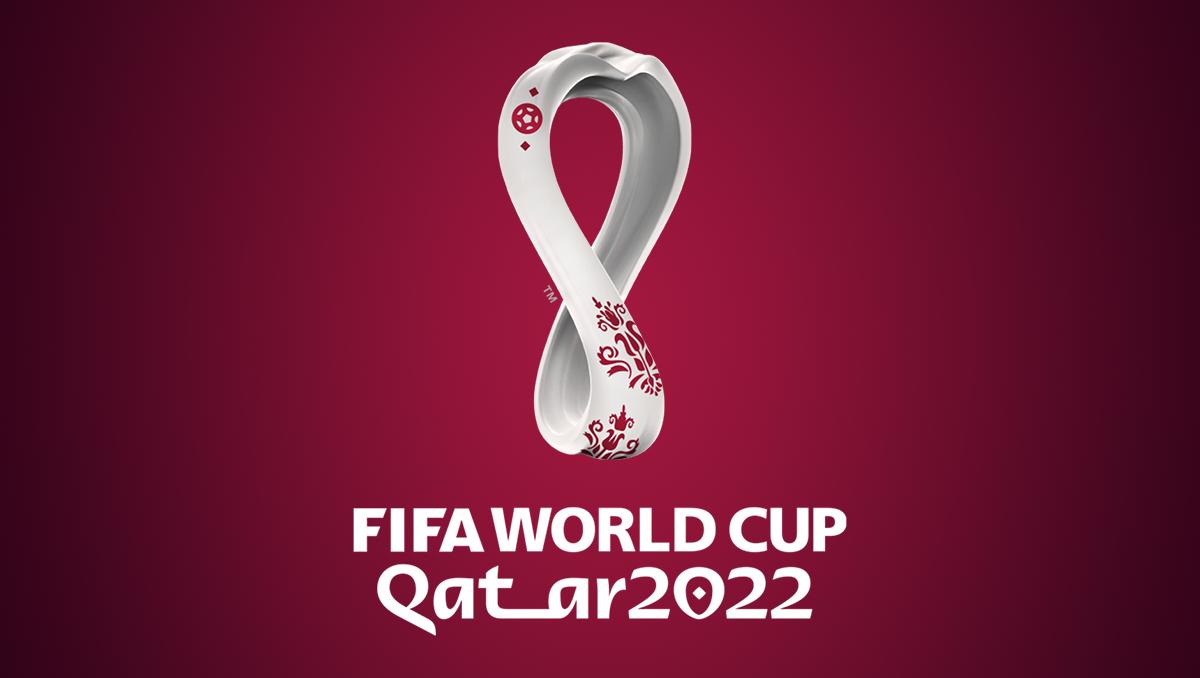By David Owen
January 28 – Match Hospitality agents have committed to record World Cup sales targets, auguring well for the sale of official Qatar 2022 hospitality packages, which gets under way on Monday (February 1).
Jaime Byrom, chairman of Match, exclusive hospitality rights-holder for next year’s tournament, told Insideworldfootball that agents had committed to “in excess of $260 million” of sales targets.
This compares with commitments of $219 million at the same point in the Russia 2018 marketing process – an increase of some 20%, notwithstanding the current pandemic.
Match appoints agents who secure exclusive rights relating to the competition across a total of more than 70 territories. Having proceeded with the invitation to tender in spite of the situation with covid, Byrom said Match was “very happy to find that the appeal is sufficiently strong to have managed to secure commitments from our agents that surpass previous World Cups – something we may not have expected”.
Hospitality ticket prices for Qatar 2022 start at less than $1,000, rising to in excess of $2.6 million for a 40-seat suite in the Lusail stadium where the final will be staged.
The sales brochure indicates that a hospitality package for all 10 matches earmarked for the Lusail venue, including a quarter-final, a semi-final and the final, is available at prices ranging from $14,350 in the so-called ‘Match Club’ to $74,200 in the top-of-the-range ‘Pearl Lounge’.
Match was appointed exclusive hospitality rights-holder for the 2018 and 2022 World Cups more than nine years ago by FIFA. The deal was said to cover a financial guarantee for FIFA of $300 million for the entire period, plus a profit share.
Hospitality sales relating to the 2018 World Cup finally totalled $377 million, exceeding the initial sales target by 72%. If Qatar 2022 achieves the same ratio, it suggests a final sales figure of some $450 million might be in prospect.
Russia 2018 was nowhere near as successful on the hospitality front as Brazil 2014, however. This achieved total sales of a massive $665 million- not far off four times the initial sales target of $178 million.
“In Brazil, we started with a bang,” Byrom remembers, adding: “There was an explosion of demand never before seen in sport.” The idea of a World Cup in Brazil “seemed to resonate with people worldwide,” he explains, while there was also “huge” interest in the domestic market.
In Russia, by contrast, hospitality sales started slowly, not helped by a sharp devaluation in the ruble.
It will be an unusual World Cup in many ways, not least because it is being played in the European winter. There will be far less internal travel for fans. And, of course, the local population is predominantly Muslim.
When I ask Byrom if Match’s Qatar 2022 products will include alcohol, he says it is a matter for FIFA and the Qatari authorities. He also acknowledges, in light of Qatar’s recent rapprochement with Saudi Arabia, that it would “certainly affect” Match if World Cup games were switched at this late stage to one or more Saudi cities.
“Our service levels need a great deal of planning,” he explains. “We spend four years planning.”
Contact the writer of this story at moc.l1735147151labto1735147151ofdlr1735147151owedi1735147151sni@n1735147151ewo.d1735147151ivad1735147151

